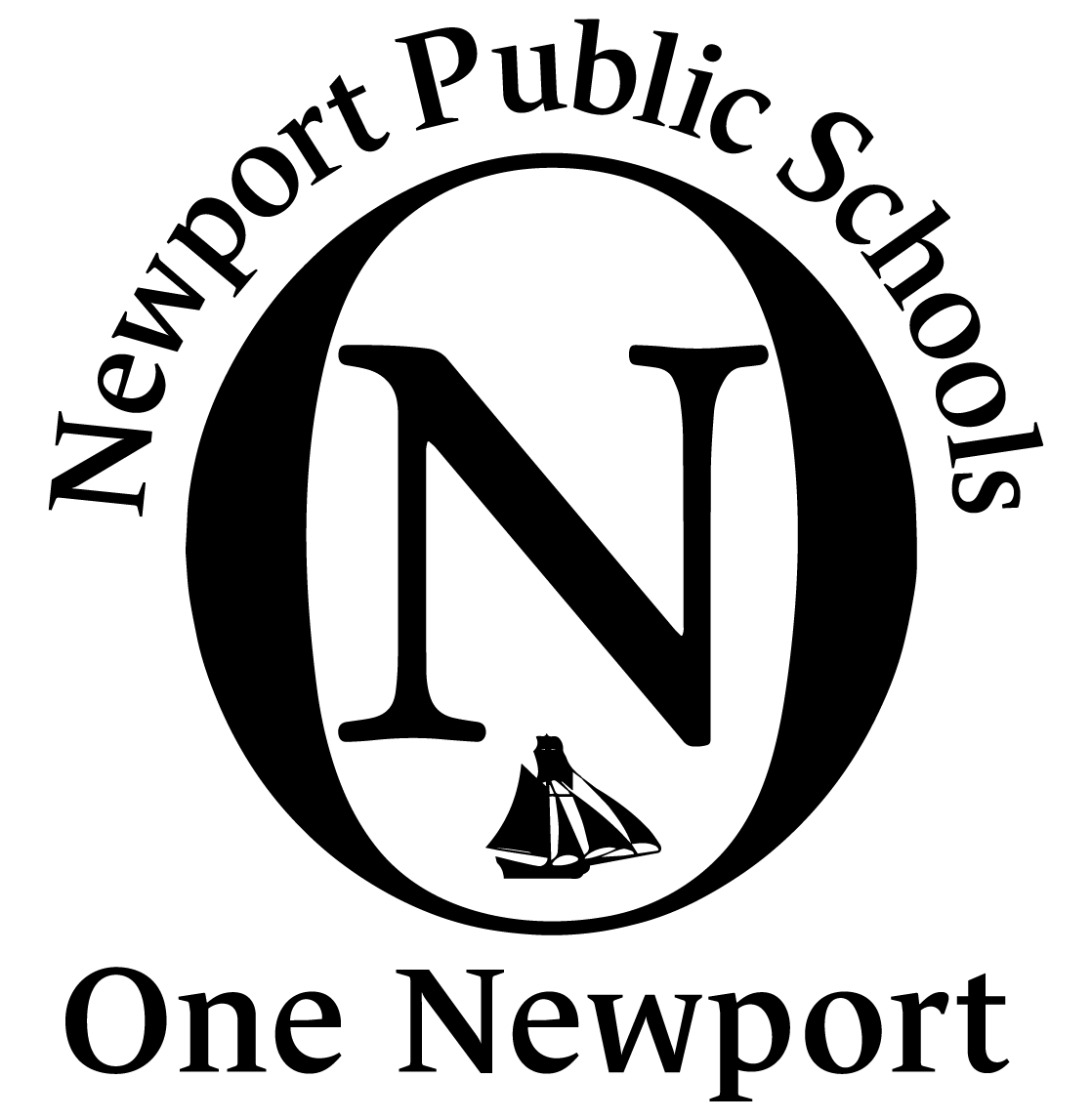McKinney-Vento Grants Home
McKinney-Vento Education of Homeless
Children & Family Youth Grant Program
The McKinney-Vento Education of Homeless Children and Youths Grant Program is designed to promote the enrollment, attendance, and success of homeless children and youth in schools, and other educational services for which they are eligible, including Head Start, Even Start, and pre-school programs administered by Newport Public Schools. In order to accomplish this mission, it is necessary to offer educational and related services to homeless children and youth to supplement the traditional classroom experience. Services provided under the McKinney-Vento Act funds must not replace the regular academic school program and must be designed to expand upon or improve services provided as part of the school’s regular academic program.
The Rhode Island Department of Education has adopted Section 725(2) of McKinney-Vento Education of Homeless Children and Youth Act regarding the definition of homeless children and youth:
Individuals who lack a fixed, regular, and adequate nighttime residence or have a primary nighttime residence in a supervised, publicly or privately, operated shelter for temporary accommodations (including welfare hotels, congregate shelters, and transitional housing for the mentally ill), an institution providing temporary residence for individuals intended to be institutionalized, or a public or private place not designated for, ordinarily used as, a regular sleeping accommodations for human beings.
Latest Congressional Action on Covid-19
President Signs COVID-19 Bill with Food Assistance; More Legislation Coming
On Wednesday, March 18, President Trump signed the Families First Coronavirus Response Act (H.R. 6201) into law. The legislation guarantees free coronavirus testing, secures paid emergency leave, enhances Unemployment Insurance, strengthens food security initiatives, and increases federal Medicaid funding to states. Another measure, still in development, would address broader economic and emergency needs, including funding and policy related to early childhood, K-12, higher education, housing, and homelessness assistance.
COVID-19 and Homelessness: Checklist for LEAs and Early Childhood Providers
COVID-19 and Homelessness: Checklist for LEAs and Early Childhood Providers
All COVID-19 responses must proactively incorporate outreach to homeless families and unaccompanied youth, including those who are staying in “hidden” homeless situations. These families and youth are unlikely to benefit from initiatives that are predicated on a stable and safe home environment, consistent internet access, or reliable transportation. This two-page checklist is designed to help guide local responses for identification; health, safety, and basic needs; and access to learning.
Higher Education: COVID-19 Response for Youth Who Are Homeless or in Foster Care
Higher Education: COVID-19 Response for Youth Who Are Homeless or in Foster Care
Many students who have experienced homelessness or foster care do not have a strong support system to which they can turn to in times of crisis. They may not have a caring adult to call for advice or information on how to keep safe and healthy. This lack of familial support can mean they do not have help to prepare in times of a public health crisis, nor manage the additional life stressors the crisis brings. COVID-19 is affecting many people of all ages, but students are especially vulnerable and cannot be overlooked. This three-page guide, co-authored with the Juvenile Law Center and the Hope Center, aims to provide concrete tips and resources in order to support students who are homeless or with experience in foster care during the COVID-19 crisis in order to promote health and educational success.
Many students who have experienced homelessness or foster care do not have a strong support system to which they can turn to in times of crisis. They may not have a caring adult to call for advice or information on how to keep safe and healthy. This lack of familial support can mean they do not have help to prepare in times of a public health crisis, nor manage the additional life stressors the crisis brings. COVID-19 is affecting many people of all ages, but students are especially vulnerable and cannot be overlooked. This three-page guide, co-authored with the Juvenile Law Center and the Hope Center, aims to provide concrete tips and resources in order to support students who are homeless or with experience in foster care during the COVID-19 crisis in order to promote health and educational success.
National Association for the Education of Homeless Children and Youth (NAEHCY)
The National Association for the Education of Homeless Children and Youth (NAEHCY) is the voice and social conscience for the education of children and youth experiencing homelessness. NAEHCY accomplishes this through advocacy, partnerships, and education.
National Center for Homeless Education (NCHE)
The National Center for Homeless Education at SERVE (NCHE) is the U.S. Department of Education's technical assistance and information center in the area of homeless education. For assistance with homeless education issues, contact the NCHE helpline at 1-800-308-2145 (toll-free) or homeless@serve.org.
